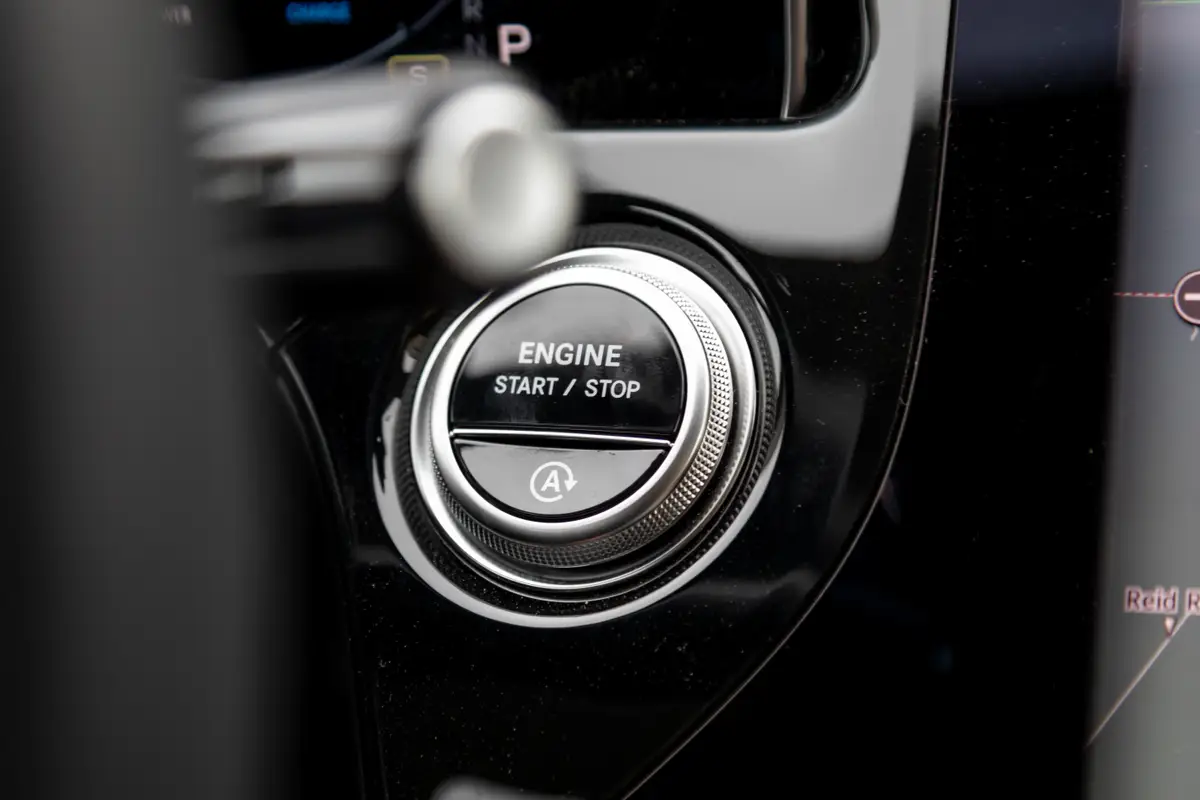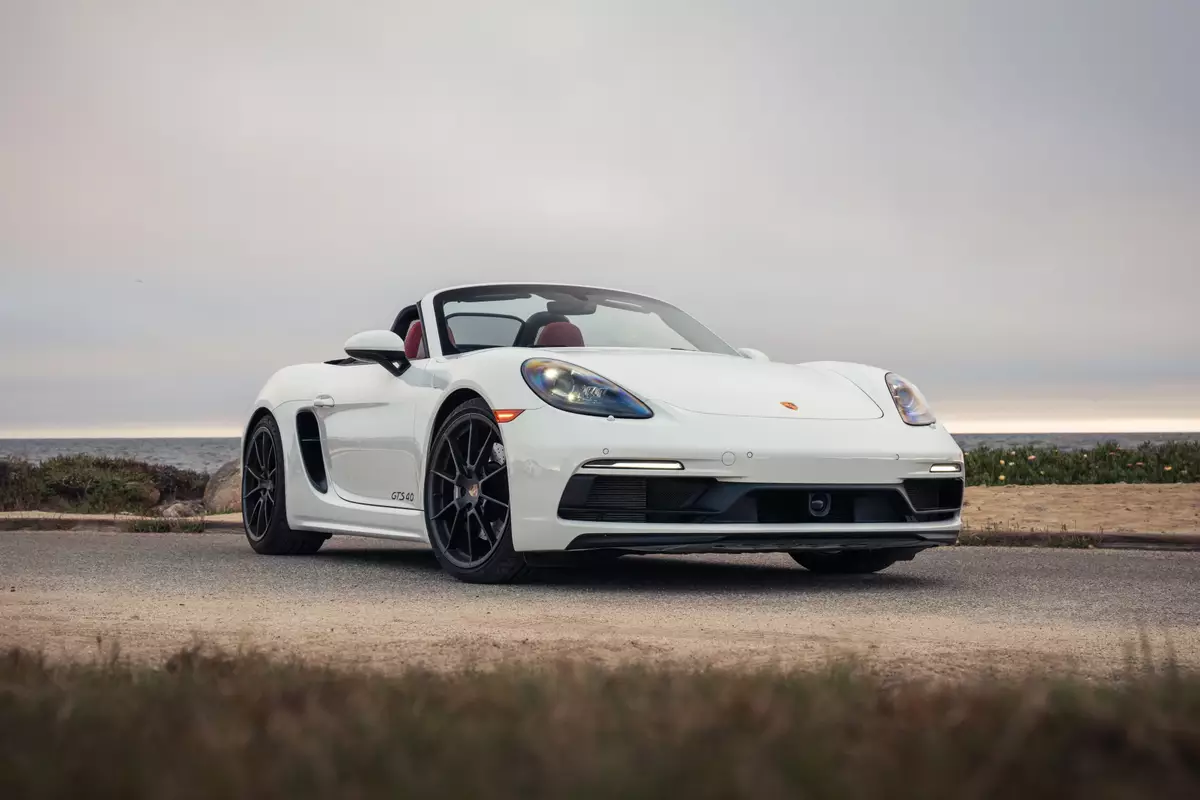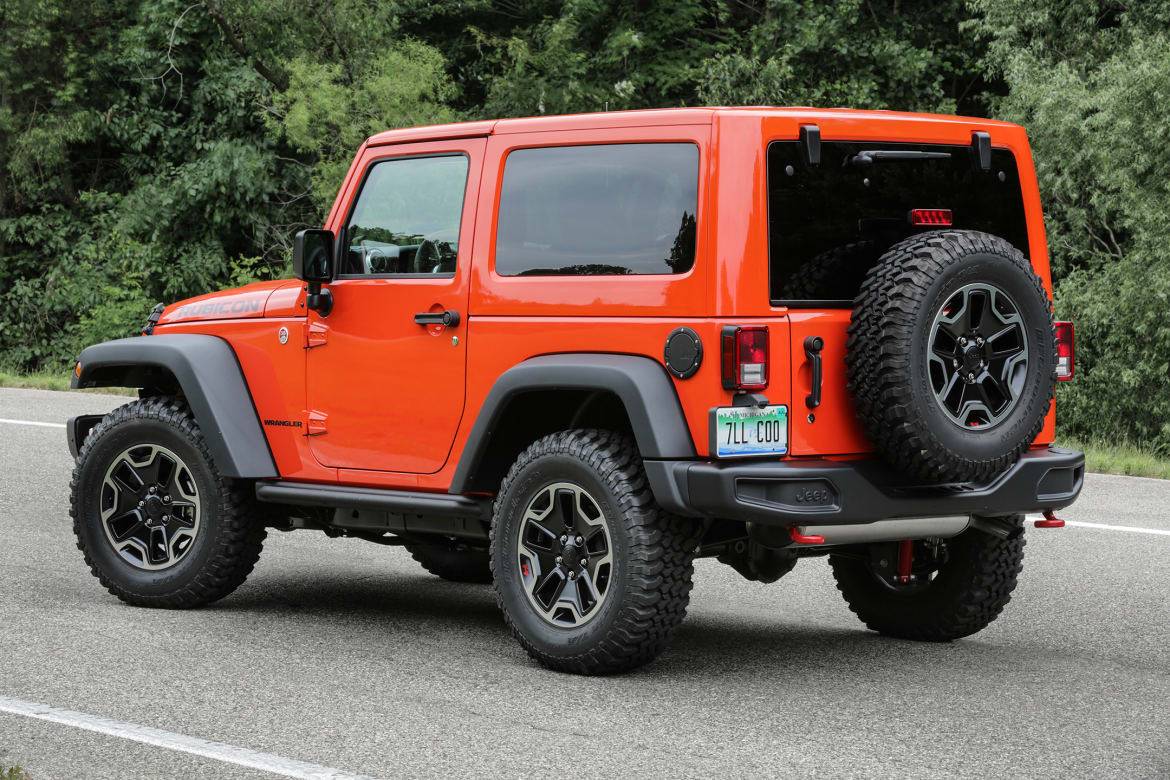washingtonpost.com's view
Born for the Track
Superiority has shortcomings. The 2003 Mitsubishi Lancer Evolution VIII is proof.
It is a street-legal, 271-horsepower, all-wheel-drive race car — designed to go fast, take corners and take competitors to the cleaners. It evolved from a decade of running in World Rally Championship races and other global motoring contests.
The Evolution is one hot set of wheels — standard 17-inch-diameter wheels at that. Unfortunately, it is hell to drive on most city streets, such as the potholed, pockmarked, pitifully pitted thoroughfares commonly found in the District of Columbia.
Driving the stiffly suspended, tight-bodied Evolution on such roads is akin to wearing an elegantly thin Bertolucci watch on a construction job. It is sacrilege. The car is not meant for such abuse.
The Evolution can be used for routine driving chores on decent streets, but that is not and never has been its reason for being. Everything about the Evolution, including the high-mounted carbon-fiber wing atop its rear deck, is designed for speed and optimum handling.
Why offer such a specialized car to a general market?
The best answer is found on a long stretch of good, largely vacant road, or on a legal racecourse, such as Summit Point Raceway — a 10-turn, two-mile asphalt circuit in Summit Point, W.Va., about 70 miles from the District.
The experience of moving at speed in the Evolution is a form of motorized meditation. You concentrate on nothing except working with the car to do what it does best — zoom! It is a moment of movement so perfect, so fleeting, it is addictive. Therein lies the Evolution’s market value.
Mitsubishi Motors, like many of its rivals, is exploiting a lucrative niche of auto buyers who are hooked on speed. In truth, those buyers have existed since the invention of the automobile more than a century ago. They were the muscle-car drag racers of the 1950s and 1960s. They are the pocket-rocket (mostly small, high-powered, super-fast Japanese cars) runners today.
That crowd isn’t concerned about poshness or practicality in a performance car, as evidenced by the Evolution’s bare-bones interior and its cramped rear seating for three. Evolution owners take their Sunday driving seriously.
Because they want to live to drive fast another day, and also because the U.S. government demands that they be given that chance, the Evolution VIII comes with a full complement of passive and active safety devices such as the requisite air bags and a trademarked Active Yaw Control system that helps limit potentially catastrophic weight transfers during cornering.
But the race-tuned Evolution comes with nothing to combat the brutality of ruined and ruinous urban streets. Keep this on smooth roads, or on the track.
Nuts & Bolts
Complaints: Not a good daily commuter.
Pr aise: Not a good urban commuter, but absolutely excellent for fast rides on well-maintained surfaces.
Ride, acceleration and handling: Bad urban ride, brilliant track and open-highway acceleration, 0 to 60 mph in five seconds! Superior track and smooth-road handling.
Head-turning quotient: The Evolution VIII is a softer, more rounded version of the aggressively angular Evolution VII sold abroad. But it still looks as fast as it runs.
Body style/layout: Front-engine, all-wheel-drive sedan.
Engine/transmission: The car is equipped with a 2-liter, in-line four-cylinder engine that’s intercooled and turbocharged (to push more air into combustion chambers) and develops 271 horsepower at 6,500 revolutions per minute and 273 foot-pounds of torque at 3,500 rpm. A five-speed manual gearbox is standard.
Capacities: Seats five people — comfortable for two front-seat occupants, somewhat comfortable for two of the three rear-seat occupan , not comfortable at all if three people are in the rear. Trunk volume is 10.2 cubic feet. Fuel tank holds 14 gallons of recommended premium unleaded.
Mileage: I averaged 23 miles per gallon combined city and highway driving.
Price: Base price is $28,987. Dealer invoice on base model is $26,891. Destination charge is $595. Price as tested is $29,582.
Purse-strings note: Compare with Subaru WRX, Honda Civic Si, possibly 2004 Pontiac Grand Prix. Don’t expect price breaks. Production run is 6,500 U.S.-bound Evolutions for 2003. Beware of dealer premiums.
Latest news



